by Eleonora Catalli, from London
12 January 2012.
 Khalid Akil is a young Syrian artist with a strong interest in politics and human rights which he constantly transposes in his work. The Unmentioned is his premiere in the UK hosted by the Lahd Gallery in London with a selection of ten powerful and challenging black and white pieces aimed at presenting gender, religious and war issues in the Middle East, in general, and Syria in particular. His technique is a hybrid of photography and paint which result in a digital image where most of the time a layer of Arabic religious scripts is the background for his main subject.
Khalid Akil is a young Syrian artist with a strong interest in politics and human rights which he constantly transposes in his work. The Unmentioned is his premiere in the UK hosted by the Lahd Gallery in London with a selection of ten powerful and challenging black and white pieces aimed at presenting gender, religious and war issues in the Middle East, in general, and Syria in particular. His technique is a hybrid of photography and paint which result in a digital image where most of the time a layer of Arabic religious scripts is the background for his main subject.
A brief explanation at the entrance leaves the interpretation to ‘the viewer’s own personal thoughts’. I was particularly touched by two photographs challenging gender relations: a beautiful naked woman’s body with her face covered by a black veil representing the objectification of the woman for men’s consumption and a black veiled old woman whose shadow is projected against a wall with basically no difference between her and her shadow, between her and any other woman. I could not stop memories of the time I lived in Syria (almost ten years ago) coming back to my mind. I once got on a small bus in Damascus and sat next to a completely veiled woman; I realised she was next to me only when I was about to get off; she was there but I could not see her; she was there but with no personal identity.
Other pieces are focused on Islam: an intimate portrait of an old man’s hands holding a misbaha, a sort of rosary to recite the names of God; collective and individual representations of mystics belonging to the Turkish Mevlevi order known for their whirling dances as a means to establish a direct contact between God and human. Khalid doesn’t forget that Christians are part of the mosaic that is Syrian society and therefore we find a Madonna whose representation merges Christian iconography into the Arab tradition of calligraphy.
The only piece not showing a human subject focuses on war: a bomb aligned with a fork, a spoon and knife; war as a part of daily life as cutlery is. In a Middle East constantly affected by conflicts it is not surprising that war is seen as a perpetual condition in which society is now used to living.
The exhibition critics the social and political situation in the Middle East negatively influenced by religion. The decision to use black and white extracts the subjects from their time frame emphasising their existence over time and making them emblems of the need for a fairer society in which human rights are respected.


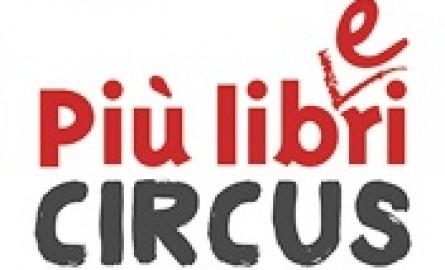
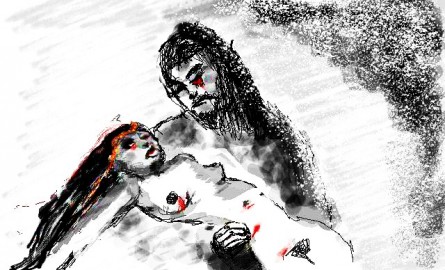




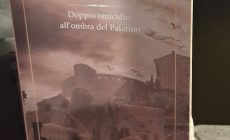

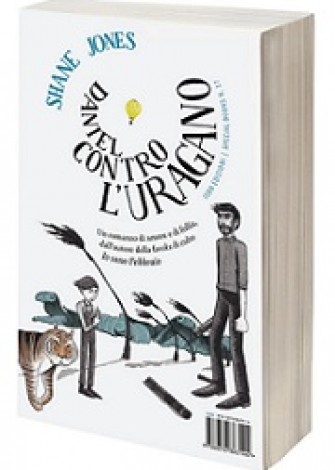
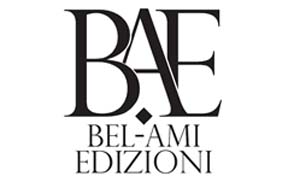
Leave a Reply
Your email address will not be published. Required fields are marked (required)